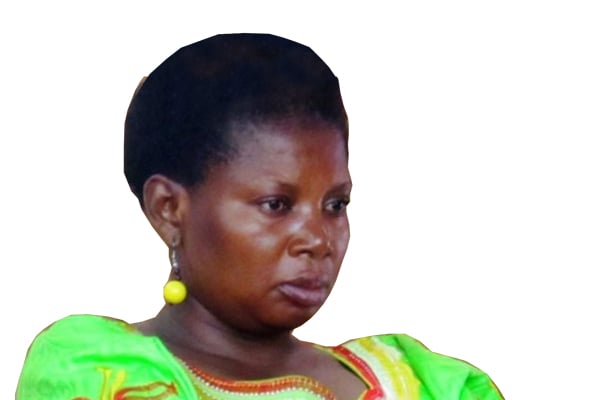Prime
BoU must be assisted to regulate mobile money

Bank of Uganda (BoU) building in Kampala. FILE PHOTO
What you need to know:
- The issue: Mobile money transactions.
- Our view: BoU must be given more powers to regulate and supervise both mobile money outlets and all players in the sector.
Bank of Uganda (BoU) has been put on the defensive by the Parliamentary Committee on ICT over mobile money loans with hefty interests. The MPs also fault BoU for failing to regulate mobile money transactions.
The MPs believe BoU is reluctant to rein in telecoms levying inflated fees, sometimes as high as 50 percent interest on mobile money ‘loans’. Following this, the Committee has asked the BoU executive director - supervision, Ms Justine Bagyenda, to reveal the steps the Central Bank will employ to regulate the sector.
Ms Bagyenda admitted that there is a gap in regulating this flourishing business. She said the Central Bank does not have the necessary regulation; and suggested that Uganda needs to have the national payments law to give BoU powers to regulate mobile money services.
But we must be reminded that BoU has moved a step already. In 2013 they issued Mobile Money Guidelines to customers, service providers, licensed institutions, agents and others involved in the provision of the services in Uganda.
Much as the Committee has played its part in tasking the bankers to do their duty, especially in regard to developing regulatory mechanisms to avert mobile money fraud, BoU must be assisted in this noble cause because the platform benefits all sections of the economy.
As of December 2016, mobile money accounts were above 21 million. And by March this year, Shs44 trillion was being transacted across the country using the platform.
Our take is that for people to get a win-win situation all mobile phone users must be registered, and unregistered SIM cards be deactivated to close gaps that might lead to customer exploitation and money laundering.
Money transmission is a regulated business under the Financial Institutions Act, 2004. Therefore, all mobile money operators have to get clearance from BoU before they offer services. But many dealers are not licensed, and therefore, not regulated.
Thus, laws regulating money transfer must be strengthened and aligned with the latest developments in the banking industry. BoU too must be given more powers to regulate and supervise both mobile money outlets and all players in the sector.
With more powers, the MPs and other Ugandans will now be right to put BoU to task to do a better job in mobile money regulation. It is only then that we will expect BoU to put a keen eye on all banking transactions, with emphasis on volumes of mobile money coming into the country.
Finally, Uganda Communications Commission must ensure there is fair competition among telecoms that provide mobile money networks; and that these firms fairly charge competing service providers who use their mobile money networks.




